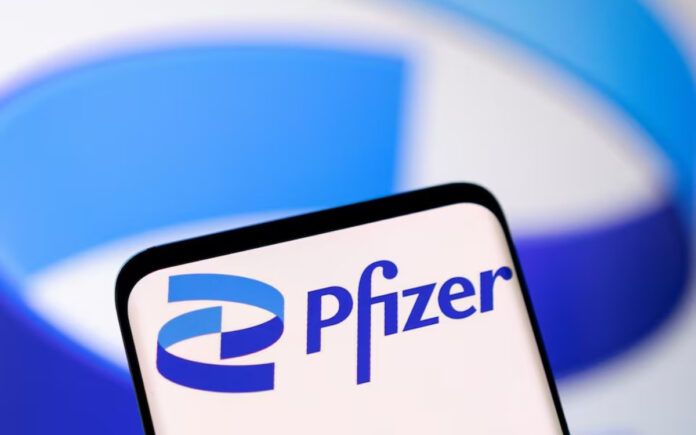Brussels: The European Commission acted unlawfully in rejecting a request by The New York Times for access to text messages exchanged between its president and the CEO of Pfizer concerning COVID-19 vaccine procurement, the General Court of the European Union ruled on Wednesday.
The Luxembourg-based court, which is the EU’s second-highest judicial body, found that the Commission failed to provide a credible or detailed explanation for not disclosing the messages between Commission President Ursula von der Leyen and Pfizer CEO Albert Bourla. The messages reportedly relate to the multi-billion-euro vaccine contracts negotiated during the height of the pandemic.
The New York Times had requested access to texts sent between January 1, 2021, and May 11, 2022, in an effort to clarify how such substantial vaccine deals were struck. The Commission declined the request, claiming that von der Leyen had not retained the messages and arguing that they did not fall under the category of EU documents eligible for access under existing transparency regulations.
In its decision, the General Court annulled the Commission’s position, stating:
“The Commission has not explained in detail the type of searches that it carried out to find those documents or the identity of the places where those searches took place.”
The ruling marks a significant moment for transparency advocates, many of whom have criticized the European Commission’s handling of vaccine procurement during the pandemic. EU lawmakers and good governance groups have accused the Commission of operating with insufficient accountability, raising concerns over diminishing public trust in European institutions.
Also Read | Iran and European Powers to Resume Nuclear Talks in Istanbul on Friday
In response to the ruling, The New York Times issued a statement calling it “a victory for transparency and accountability in the European Union,” adding that the decision “sends a powerful message that ephemeral communications are not beyond the reach of public scrutiny.”
The European Commission acknowledged the ruling and said it would “closely study the General Court’s decision” before determining next steps.
“To this effect, the Commission will adopt a new decision providing a more detailed explanation,” it stated.
Pfizer has not yet issued a comment on the ruling.
Also Read | Trade Truce Clears Path for Tesla to Ship Chinese Components to U.S.
The vaccine agreement in question was finalized in May 2021, when the European Commission signed a contract with Pfizer and BioNTech for up to 1.8 billion doses.
This case, registered as T-36/23 – Stevi and The New York Times v Commission, is the latest in a series of legal efforts to demand transparency in EU vaccine procurement. In a separate case last year, EU lawmakers successfully challenged the Commission for access to redacted portions of the vaccine contracts.



